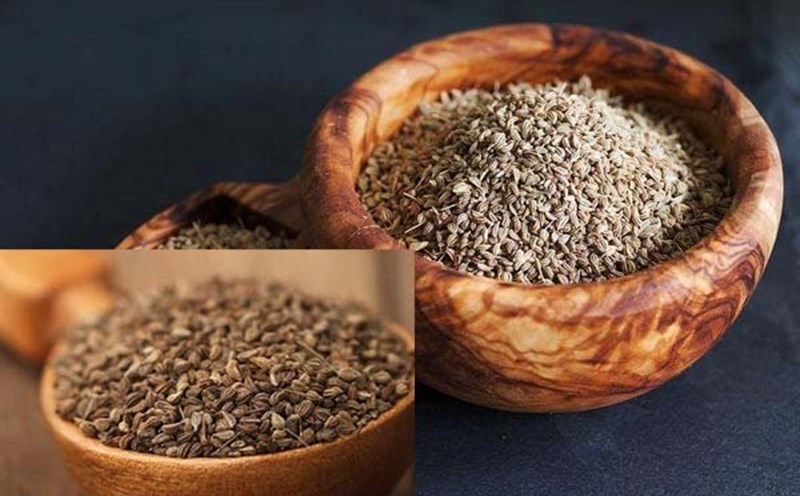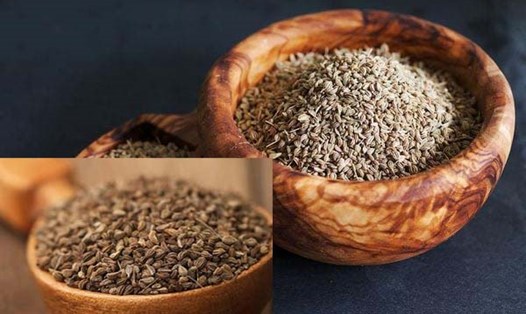Should women over 40 do intermittent fasting?
After the age of 40, women can still apply the intermittent fasting method to control weight and improve metabolic health if done correctly. For those with health problems or taking medication, you should consult a doctor or nutritionist before practicing intermittent fasting.
Notes when practicing intermittent fasting for women over 40 years old
Prioritize nutritious meals
Intermittent fasting requires you to eat less during the day, so you should focus on nutrition in your meals. You need to provide enough protein, fiber, healthy fats and vitamins in each meal.
According to a study published in the Journal of Nutrition, a diet high in micronutrient density helps you feel less hungry despite a lower calorie intake. This helps maintain muscle mass, supports energy, and prevents nutritional deficiencies.
Maintain stable blood sugar levels
People over 40 are prone to insulin resistance, so choosing foods with a low glycemic index such as whole grains, beans and healthy fats can help stabilize blood sugar levels and prevent energy crashes.
Drink enough water
Dehydration can lead to headaches, fatigue, and cravings. It is important to drink enough water, herbal tea, or unsweetened electrolyte-rich drinks. You can drink these even during your fasting period. They will help keep you energized and control hunger.
Pay attention to hormonal changes
Intermittent fasting in women over 40 may be affected by hormonal changes such as perimenopause and menopause, which affect hunger hormones (ghrelin, leptin) and stress hormones (cortisol).
Get enough sleep
Poor sleep can increase hunger hormones, making intermittent fasting more difficult for women over 40. Research in the journal Scientific Reports found that sleep duration decreases with age and is lowest at age 40. This is why trying to get at least 7-9 hours of quality sleep is so important to regulate appetite and support metabolic health.











